#alfred de vigny
Text
Dopo aver riflettuto bene sul destino delle donne in tutti i tempi e in tutti i paesi, ho finito per convincermi che ogni uomo dovrebbe dire a ogni donna invece del buongiorno: “Perdonateci!” perché i più forti hanno fatto la legge.
- Alfred de Vigny, 1867
116 notes
·
View notes
Text

DAPHNE by Alfred de Vigny. (Paris: F-L Schmied, 1924) Designed and illustrated with 50 wood engravings by François-Louis Schmied. Art binding by Devauchelle .
Written in 1837 but not published until 1912, this novel is the most philosophical of the French Romantic poet’s work. It examines the role of the artist in society.
Midnight blue crushed Morocco inlaid and gilt in an Art Deco design inspired by Schmied. Covers have gold and silver geometric tooling, with metallic and tan morocco inlays. The engravings are enhanced with silver and gold.
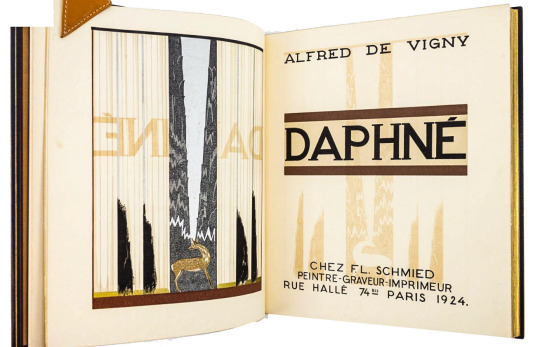
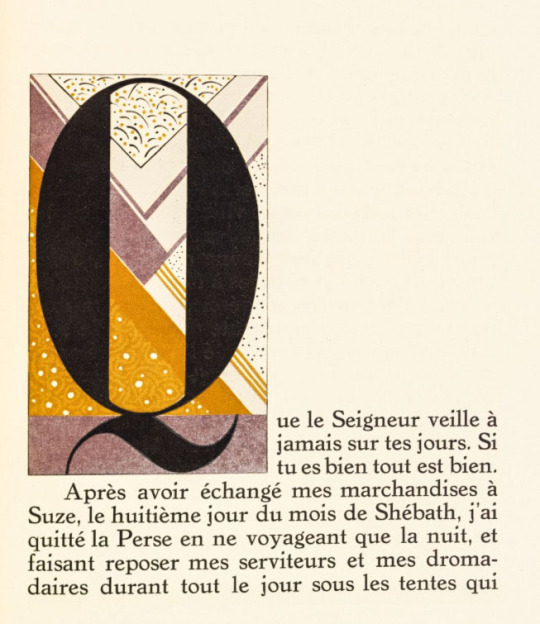
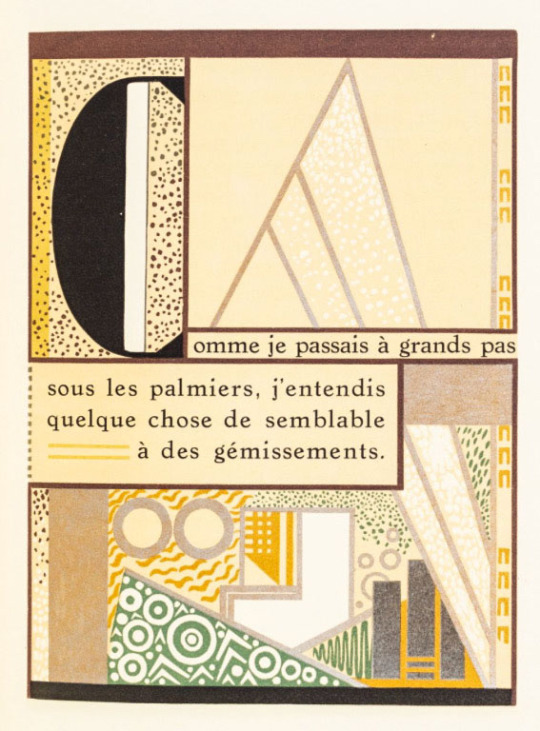
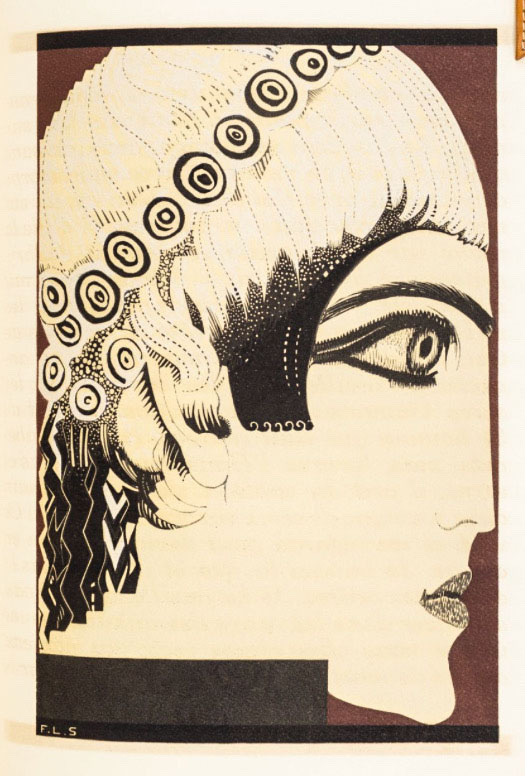
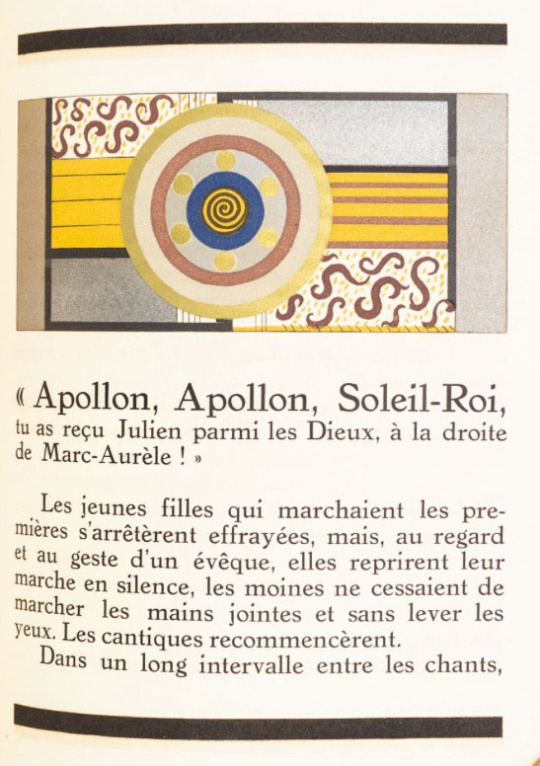
source
#beautiful books#book blog#books books books#book cover#books#vintage books#illustrated book#french romanticism#art decò#book binding#book design#art binding#alfred de vigny#francois louis schmied#devauchelle
69 notes
·
View notes
Text
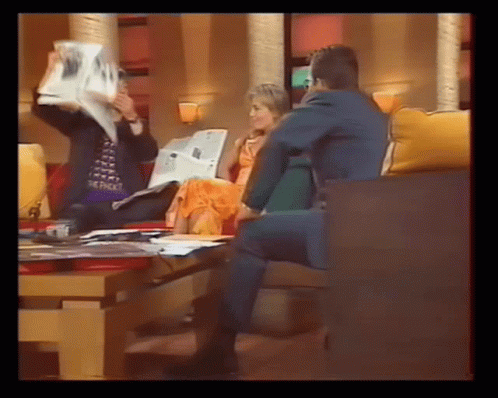
“La presse est une bouche forcée d’être toujours ouverte et de parler toujours. De là vient qu’elle dit mille fois plus qu’elle n’a à dire, et qu’elle divague souvent.” 📰 🗞
Alfred de Vigny
Gif Tenor/ Jean-Louis Aubert
#gif animé#tenor#jean louis aubert#journal#newspapers#news#presse#quotes#alfred de vigny#fidjie fidjie
29 notes
·
View notes
Text
If, dumb, blind and deaf to the cry of created beings, Heaven abandoned us like an aborted world, the just man will confront absence with disdain and will reply only with cold silence to the eternal silence of the Divinity.
Le Silence, Alfred de Vigny (1797-1863)
15 notes
·
View notes
Text
#littérature#poll#je les déteste tous plus les uns que les autres#moi et ma haine du romantisme français ✌️#pas de stendhal parce que stendhal est un vrai faux romantique#victor hugo#alfred de musset#alfred de vigny#alexandre dumas#gerard de nerval
11 notes
·
View notes
Text
I have no idea how much people from other countries know French lit, but I'd like you all to know that one of the people on this list is a woman.
I'm considering making a second poll, but I need a few more names.
I also have another Romanticism poll (mostly UK centred) here.
And here's my pinned post with more polls about art, literature, comics, etc.
#polls#french literature#romanticism#gerard de nerval#francois rene de chateaubriand#victor hugo#alfred de musset#alfred de vigny#george sand#prosper merimee#theophile gautier#alphonse de lamartine
28 notes
·
View notes
Text

Doodles from a night spent with a then-friend who was sewing
#artists on tumblr#my art#art#drawing#illustration#doodles#sketches#unicorn#pony#wolf#pig#alfred de vigny#ectoplasma#racoon
8 notes
·
View notes
Quote
Le Soleil, dévoilant sa figure agrandie,
S'éleva sur les bois comme un vaste incendie,
Et la Terre aussitôt, s'agitant longuement,
Salua son retour par un gémissement.
(Vigny, Le Déluge, 1823)
11 notes
·
View notes
Text
"History is a novel whose author is the people."
Alfred de Vigny, poet, playwright, and novelist (27 March 1797-1863)
2 notes
·
View notes
Text
Alfred de Vigny: History is a novel
“History is a novel whose author is the people.”
—Alfred de Vigny.
View On WordPress
0 notes
Text

Éloa ou la Sœur des anges est un poème épique philosophique en trois parties écrit par le romancier et poète français Alfred de Vigny.
1 note
·
View note
Text
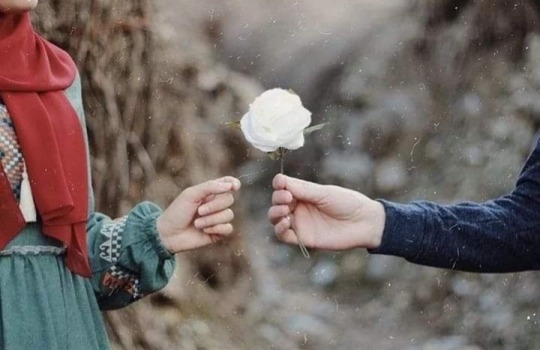
Let us greet together this new year which ages our friendship without aging our hearts.
11 notes
·
View notes
Text
ALFRED DE VIGNY - LA MORT DU LOUP
ALFRED DE VIGNY – LA MORT DU LOUP
I
Les nuages couraient sur la lune enflamméeComme sur l’incendie on voit fuir la fumée,Et les bois étaient noirs jusques à l’horizon.Nous marchions sans parler, dans l’humide gazon,Dans la bruyère épaisse et dans les hautes brandes,Lorsque, sous des sapins pareils à ceux des Landes,Nous avons aperçu les grands ongles marquésPar les loups voyageurs que nous avions traqués.Nous avons écouté,…

View On WordPress
0 notes
Note
Loved your mentioning of learning poetry by heart: this is something I haven’t done since school! What are some of your favs that you’d suggest to ease my brain back into it?
(Française ici donc les options 🇫🇷 autant que anglais sont welcome :) merci!)
Hi :) You can look at the poem tag of my quote blog if you want—some of the ones I've learnt by heart (or excerpts from them) include this one by Sara Teasdale - Nanao Sakaki - Velimir Khlebnikov - Wallace Stevens - Rabindranath Tagore - Archibald Macleish - Howard Nemerov - and these paragraphs by Henri Peña-Ruiz which I consider prose poetry... My favourite French verses (from Corneille, Aragon, Anna de Noailles, Hugo, Valéry...) are all alexandrines and I find it to be the easiest type of verse to remember, as the structure is so rigorous and consistent. I sometimes translate English poems into alexandrines (like this one) to make them easier to learn in this more familiar form—I think even after all this time English prosody still feels foreign to me; the patterns of sound and rhythm in French are more deeply embedded in my brain so it can more easily predict what comes next...
Re: easing your brain into it, I guess that depends on your style of learning? For me the best way to learn a text is to spend time with it in written form, be it by translating it, or by writing it down by hand (slowly) and then (sometimes) keeping it for a while in a place where I often stand idle, like taped to my microwave so I re-read it as I wait 1 minute for something to heat up.
One thing I like about learning poems is that it's a costless, always-accessible way to get a sense of personal accomplishment. Beyond that, I've got three categories of poems I like to learn for different reasons—I'll go into some detail in case it can help you figure out what you're after :)
1. Classic poetry, because it's just fun to have little snippets of ancient tragedies or epic Victor Hugo poems living at the back of your mind and accompanying you through your own everyday tragedies—as an overdramatic person who tends to feel devastated or exasperated over tiny stuff, it helps me to take some distance from my feelings. Like if I spill a bucket of manure on my boots and my first reaction is rage and despair and my second thought is a couple of verses by Euripides where Iphigenia bemoans her relentless fate, it's a way to make fun of (and get over) myself.
My grandmother did this a lot, she knew so many poems by heart and often used them ironically. If I went whining to her when I was little she'd recite to me the last few verses of Alfred de Vigny's La Mort du Loup (it sounds better in the original but):
[...] With all your being you must strive
To that highest degree of stoic pride [...]
Weeping or praying—all this is in vain.
You must instead shoulder your long and heavy task
In the way that Destiny has seen fit to ask
Then suffer and die without complaint.
(Let me tell you, that's just what a five-year-old wants to hear after scratching her knee at the park) But really I admired this treasury of poetry she carried within her, especially as she only went to school until age 14 and came upon most of it thanks to her own curiosity; as well as the way she used it playfully in everyday life, using dramatic classical verse to de-dramatise minor annoyances.
2. Nature poems are great in the opposite way, to magnify minor positive things :) Like seeing a fox and having a few lines by Mary Oliver come to mind, seeing a frog and thinking of that Basho haiku... I recently discovered Jean-Michel Maulpoix and I also love his nature poems, like 'The recovery of blue after a downpour', the way he describes snow melting in the spring, or golden-blue evenings:
[Snow] takes some time to leave, but delicately.
She doesn’t insist, hardly persists,
never roots…
She gives way.
No one else dies so merrily
With such good humour
Unmatched is her disdain for eternity…
L’azur, certains soirs, a des soins de vieil or. Le paysage est une icône. Il semble qu’au soleil couchant, le ciel qui se craquelle se reprenne un instant à croire à son bleu.
3. And then there are the poems that proudly serve no purpose. <3 I mean beyond distilling language in a beautiful way. No deep meaning—or no meaning at all, e.g. surrealist poetry. I learnt this passage from Les Champs magnétiques back in middle school:
La fenêtre creusée dans notre chair s'ouvre sur notre cœur. On y voit un immense lac où viennent se poser à midi des libellules mordorées et odorantes comme des pivoines. Quel est ce grand arbre où les animaux vont se regarder ? Il y a des siècles que nous lui versons à boire. . . Prisonniers des gouttes d'eau, nous ne sommes que des animaux perpétuels. . . Nous ne savons plus rien des astres morts ; nous regardons les visages. . . Quelquefois, le vent nous entoure de ses grandes mains froides et nous attache aux arbres découpés par le soleil.
—and I've often recited it to myself just to enjoy these gratuitously nice sentences that aren't here to deliver information. Like Kay Ryan said, "Poetry makes nothing happen. That's the relief of it." It's a nice break, a way to remember that communicating isn't all language is for; beyond the social dimension there's also an intimate one that relies on our own aesthetic sensitivity. Most of the time we look through language, to access ideas, meanwhile enjoying poetry means looking at language, for a change, appreciating it for itself.
I just realised I'm paraphrasing John Brehm here—in The Poetry of Impermanence he wrote something that can be read as an ode to learning things by heart:
When you read lines that seem especially lit up—that move or intrigue you in some way, or that are simply pleasing or even dazzling—don’t focus on being able to formulate a statement about what they might mean, as if you might be called upon to explain the poem, to yourself or to someone else. Just linger with those poems or passages that resonate with you. . . Rest your mind on them; let them live inside you.
276 notes
·
View notes
Text
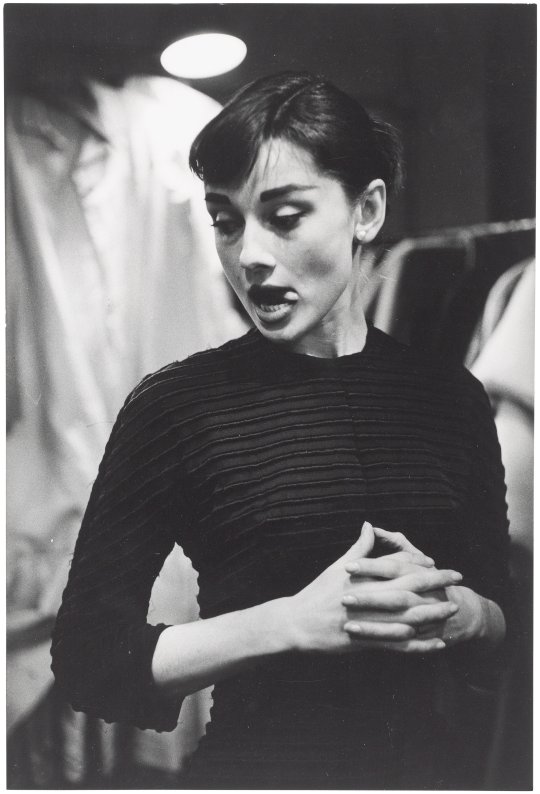
Audrey Hepburn photographed by Bert Hardy during a fitting at Maison Givenchy, located on Rue Alfred-de-Vigny, in Paris - May 10, 1956. Audrey was in Paris filming 'Funny Face'.
55 notes
·
View notes